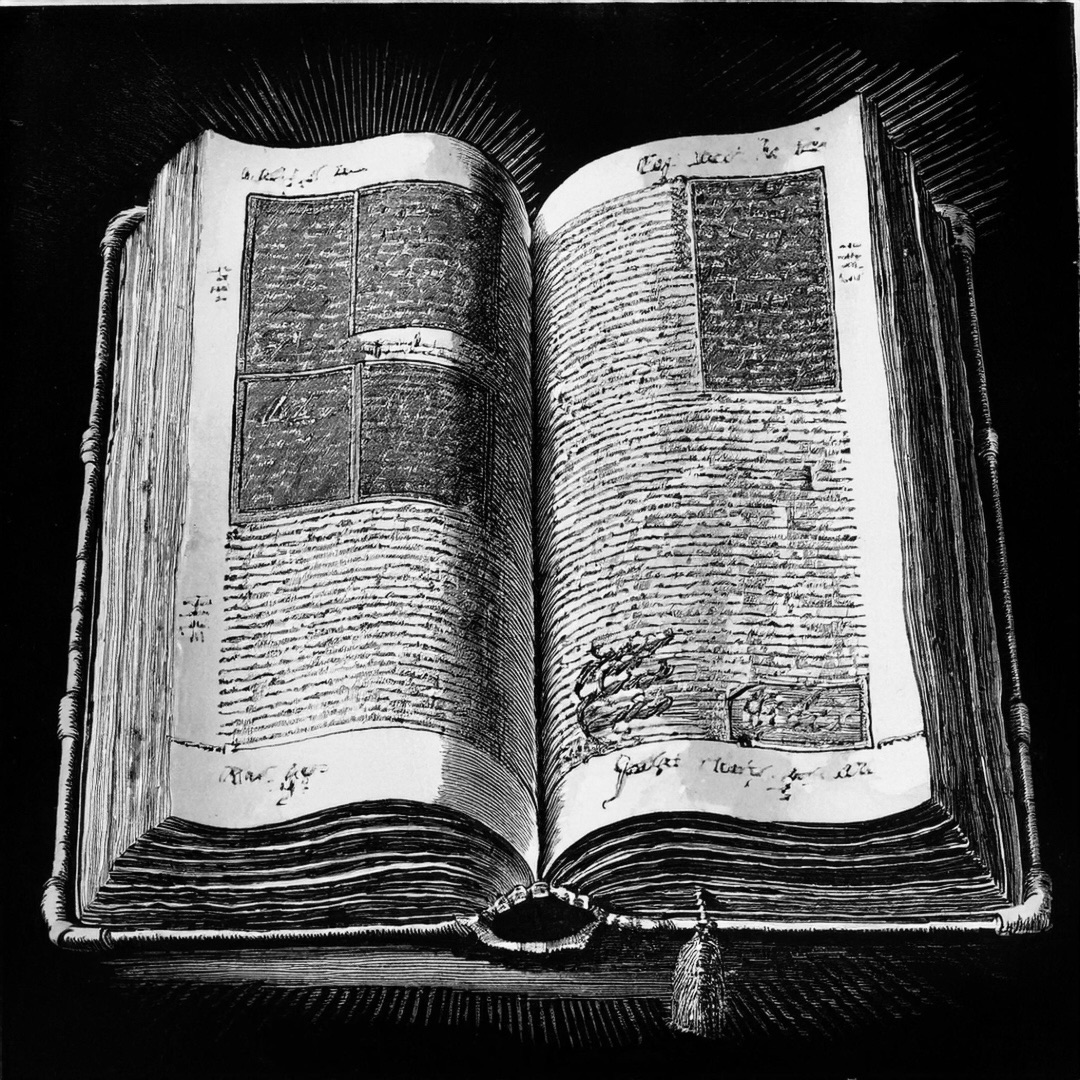SHELBY COUNTY, Ala. — A political storm is brewing at the North Shelby Library after the board’s recent decision to restrict access to LGBTQ+ books for minors. The new policy, enacted in October, places books dealing with sexual orientation and gender identity in a segregated “parent guidance” section, making them accessible only with parental supervision for anyone under 17. What some call a “protection for children,” others argue is blatant discrimination against the LGBTQ+ community—an attack on free expression cloaked in conservative values.
The move comes after the Republican-controlled state legislature took control of the library board earlier this year, ousting members who supported more inclusive policies and installing a board more aligned with Alabama’s growing wave of anti-LGBTQ+ sentiment. The new board, led by lawmakers like Rep. Susan DuBose (R-Hoover), has pushed for stringent oversight of materials they deem inappropriate for minors, despite many of these books focusing on themes of identity, self-acceptance, and love—not sexually explicit content.
A History of Censorship?
The battle over LGBTQ+ representation in Alabama libraries isn’t new, but recent political developments have amplified tensions. Last year, a small LGBTQ+ Pride display at the North Shelby Library set off a firestorm among conservative lawmakers, leading to a push to replace board members with individuals sympathetic to their cause. In response, the new board implemented sweeping changes to ensure any book discussing sexual orientation, gender identity, or related topics is removed from the general children’s section.
Critics argue that the move has little to do with protecting children from so-called “pornographic” content—a claim that has been widely debunked—and everything to do with silencing marginalized voices.
Control of Information?
This recent change reflects a broader strategy by conservative lawmakers in Alabama to control information in public spaces. The law regulating libraries is part of a larger, well-orchestrated effort by Republican leaders to restrict access to materials that contradict their ideology. DuBose, along with other key Republican figures, has repeatedly cited “family values” as a defense, but critics see it as a push to limit exposure to any content that doesn’t fit neatly within traditional conservative ideals.
A Chilling Effect
The policy changes have had an immediate effect on the library community. Kate Etheredge, the former library director, resigned in protest of what she described as an “overreach of power” by the new board. In a public statement, Etheredge lamented that political agendas were undermining the professional autonomy of libraries. “Libraries are about open access to information,” she said. “What we’re seeing now is an attempt to control that access based on fear and prejudice.”
The ramifications of the new policy extend beyond the library’s walls. LGBTQ+ advocates warn that segregating books about identity sends a dangerous message to young readers.
The Road Ahead
As Alabama and the nation grapple with issues of censorship, free speech, and LGBTQ+ rights, the situation at the North Shelby Library is likely to become a flashpoint. With Republican lawmakers entrenched in power, and vocal conservative activists calling for more restrictions, libraries across the state may soon face similar policies.
But opposition is growing. Groups like the American Library Association have condemned the Shelby County board’s actions, while local residents have organized petitions and public protests. Whether these efforts will be enough to roll back the changes remains to be seen, but one thing is certain: the fight over LGBTQ+ books in Alabama is far from over.

